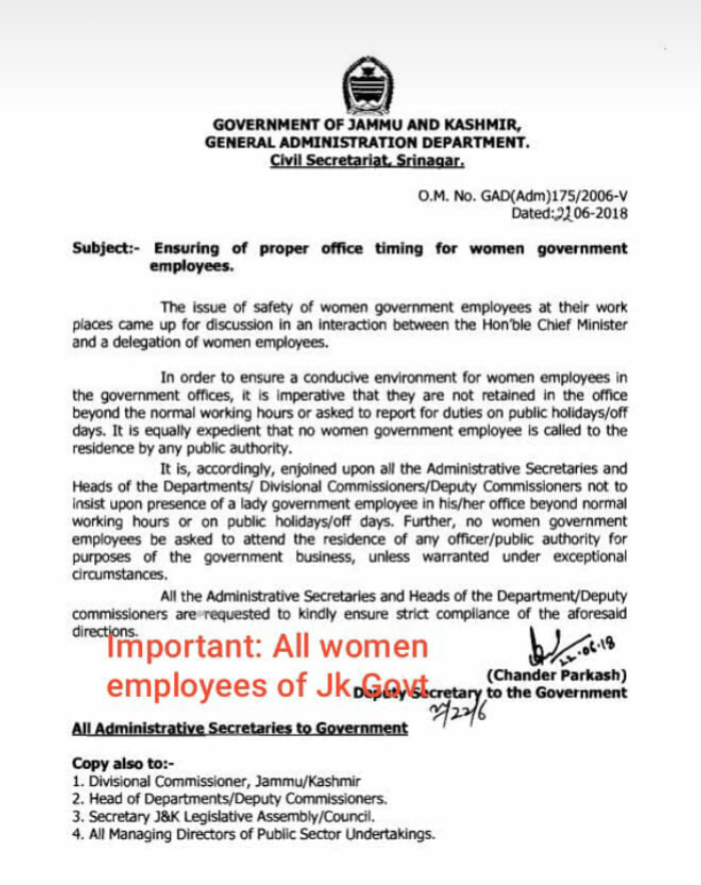To Discourage RTI Applicants, JKTDC demands Inflated fees
Jammu, 24/July/2018: Shying away from the transparency and accountability, the Jammu and Kashmir Tourism Development Corporation, JKTDC have invented a unique method to keep itself stone walled even from the Right to information Act.
RTI activist Raman Sharma have alleged that JKTDC, the state owned corporation responsible to run, manage and administer government hotels and catering establishments for promotion of Tourism and transport facilities to the tourists have made mockery of the Right to Information Act as they demand unreasonable and untimely fees which is not permissible under the RTI Law.
Citing example of his own application filed under J & K RTI Act 2009, Sharma informed that on 28/May/2018 he submitted an RTI application (via post) seeking information with regard to certified copies of bills of some purchases made by the JKTDC office Jammu and the same application was delivered to the JKTDC office Jammu on next day i.e 29/05/2018.
He alleged that for over a month keeping a mum over the said RTI application, under a conspiracy to hide information from him, the Public Information Officer of the JKTDC on 04/07/2018 raised a demand of Rs 2700, rupees twenty seven hundred as Photostat charges. Which as per law is illegal and arbitrary because under the RTI law, the PIO should have provided information to the applicant within maximum limit of 30 days but under the present case the PIO deliberately not only exceeded the stipulated period of time but unreasonably demanded exorbitant fees of Rs 2700.
It is pertinent to mention here that as per section 7(6) of the J & K RTI Act 2009, information should be provided free of any charge where a Public Authority fails to comply the time limit of providing information or intimation of any additional fees. Instead of providing information to the applicant within time limit, the PIO not only brutally violated the RTI act but also to put a pressure on the applicant and to further discourage him from seeking information under the act asked for absolutely unreasonable fees.
Further exposing the modus operandi of the JKTDC office Jammu that how do they discourage RTI applicants to hide their malpractices from public scrutiny. The RTI activists Raman also presented another letter from the same PIO where she has raised same amount of money of Rs 2700 from another RTI applicant namely Munish Sharma for providing some other information. Sharma alleged that the JKTDC Jammu has been exposed that they shy away from transparency and all is not well in their office and repetitive figure of Rs 2700 reveals the truth.
He also informed that he has filed 1st appeal with the MD, JKTDC for review of arbitrary demand of the PIO of JKTDC office Jammu and have also requested him for upgrading their website in compliance with section 4 of J & K RTI Act 2009.



































